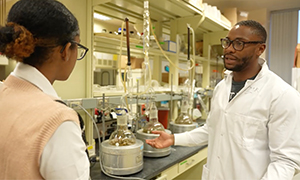
Funded by a grant from the New Jersey Institute for Food, Nutrition and Health, high school students enrolled in afterschool programs were invited to direct short science video stories featuring real world research. FAME's model includes trusting relationships with participating university scientists who make their labs and research field sites open and available to youth for authentic, real world informal STEM learning experiences as part of collaborative science storytelling.
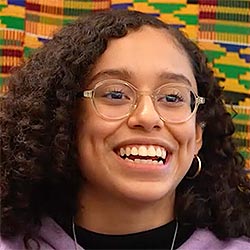
Katherine Perez
"Coming from El Salvador, my grandpa was a healer and used herbs for medicinal purposes. When I was told about this opportunity, I thought, wow, I can actually talk to scientists and learn a lot more than I already know."
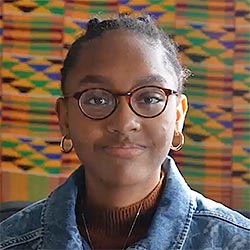
Troi Slade
"I am here because of the connection to culture. As a Black American who has been impacted by the African Diaspora, I want to learn how scientists use their technology to help people in other countries as well as here and to bring those two cultures together."
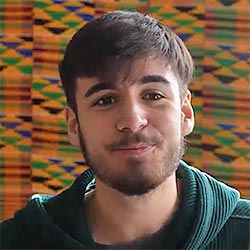
Breoghan Conchas Marquez
"Getting to know the scientists was a really good experience. Now, I have to be able to take everything I learned in the lab and communicate that to other people. So it's more than just learning because now I kind of have to teach it in video form."
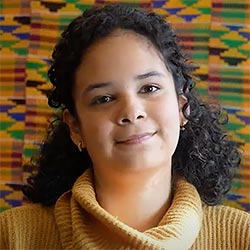
Susana Mejia
"It was really interesting to meet the scientists and see their human side. I do think their stories could expand the interest in science because there are many students out there who give up on their dream of becoming a scientist because they don't think they're able to."
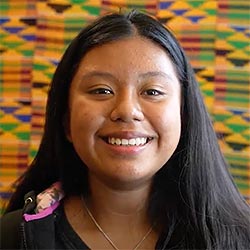
Jaydy Ordonez
"I've always been interested in telling stories and I am most excited to learn more about these scientists. I'm still trying to figure out what I want to do and I hope this becomes a passion for me."
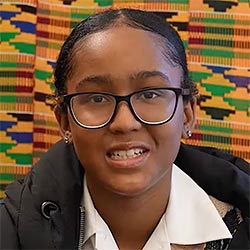
Kayla Soto
"It was very interesting to see how these scientists are just the same as the regular everyday individual, because as someone who is also interested in science, I want to learn from somebody who could possibly be a mentor."
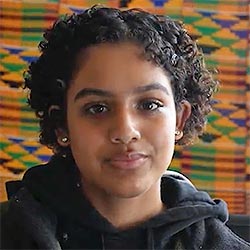
Sofia Batres
"I do love activism especially with social justice and environmentalism. The whole thing with climate change is so scary but this is just like telling an actual human being's story."
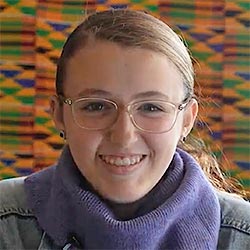
Laney Piccoli
"I love to tell stories. And I just think it's really important to tell stories and understand different issues in science because like, climate change is a whole mess. But it's not as hard as people think to try and fix. There's effort that can be made."
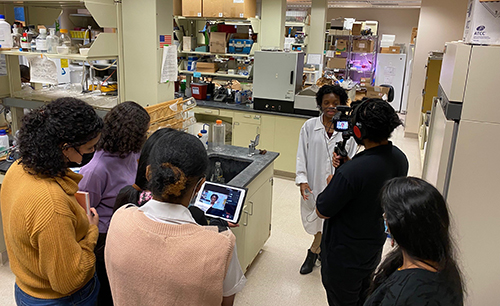
Science videos were directed by youth participants from the Rutgers 4-H program in creative collaboration with researchers from Dr. Jim Simon's plant biology lab. Science story video productions were overseen by Dena Seidel with technical support from Brendan Jenkins. Videos have been approved by all contributors for showcase.



